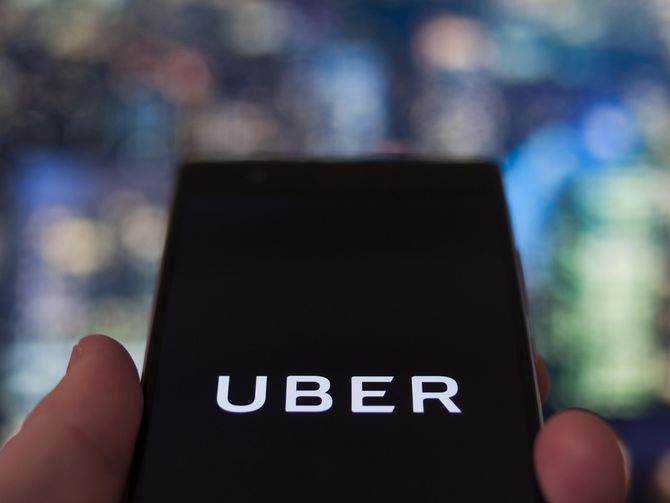[ad_1] NurPhoto/Getty After losing its Chinese business back in 2016, Uber has lost more Asian territory. The ride-hailing giant has agreed to sell its businesses in Southeast Asia to Grab, its rival in the region, it was announced Monday morning. Grab will take over all of Uber’s businesses, including its ride-sharing, food delivery and payments […]
[ad_1]
NurPhoto/Getty
After losing its Chinese business back in 2016, Uber has lost more Asian territory.
The ride-hailing giant has agreed to sell its businesses in Southeast Asia to Grab, its rival in the region, it was announced Monday morning.
Grab will take over all of Uber’s businesses, including its ride-sharing, food delivery and payments and financial services in Cambodia, Indonesia, Malaysia, Myanmar, Philippines, Singapore, Thailand and Vietnam, the press release read.
As part of the acquisition, Uber will take a 27.5 percent stake in Grab, with CEO Dara Khosrowshahi joining Grab’s board.
It’s not Uber’s first retreat from Asia. The ride-hailing company sold its operations in China to Didi Chuxing, the country’s biggest ride-sharing provider, in July 2016. Rumours about Grab’s acquisition have been swirling since Softbank, an investor in Grab, confirmed its investment in Uber last December.
The acquisition follows a year of controversy back home for Uber, including allegations of an abusive workplace culture and a #DeleteUber movement, which eventually forced then-CEO and co-founder Travis Kalanick to resign.
Troubles did not end there, with governments around the world placing more scrutiny over the company for its apparent disregard for local regulations. Uber was driven out of cities including London, although it also managed to return to others like Taiwan and Barcelona following efforts to become compliant with rules. Last week, one of its driverless cars was involved in a fatal crash in Arizona, forcing the company to stop its self-driving operations in the US and Canada.
“Today’s acquisition marks the beginning of a new era,” said Anthony Tan, group CEO and co-founder of Grab. “The combined business is the leader in platform and cost efficiency in the region. Together with Uber, we are now in an even better position to fulfill our promise to outserve our customers,” he added.
Calling the deal a “testament” to Uber’s growth across the region over the last five years, Uber CEO Dara Khosrowshahi added: “[The deal] will help us double down on our plans for growth as we invest heavily in our products and technology to create the customer experience on the planet.”
Upon the announcement, Grab sent out an alert to its customers across the region, explaining that the two platforms will soon be merging within the Grab app.
How authorities will take to the deal — which involves two of the most dominant players in the market — remains to be seen. In Singapore, a tie-up between Uber and local taxi giant, ComfortDelGro, got the attention of the competition watchdog, which was concerned the partnership is anti-competitive in nature. CNET has reached out to the Competition Commission of Singapore for its comment on the deal.
The Smartest Stuff: Innovators are thinking up new ways to make you — and the world around you — smarter.
CNET Magazine: Check out a sampling of the stories you’ll find in CNET’s newsstand edition.
[ad_2]
Source link















Thursday, 25 April , 2024